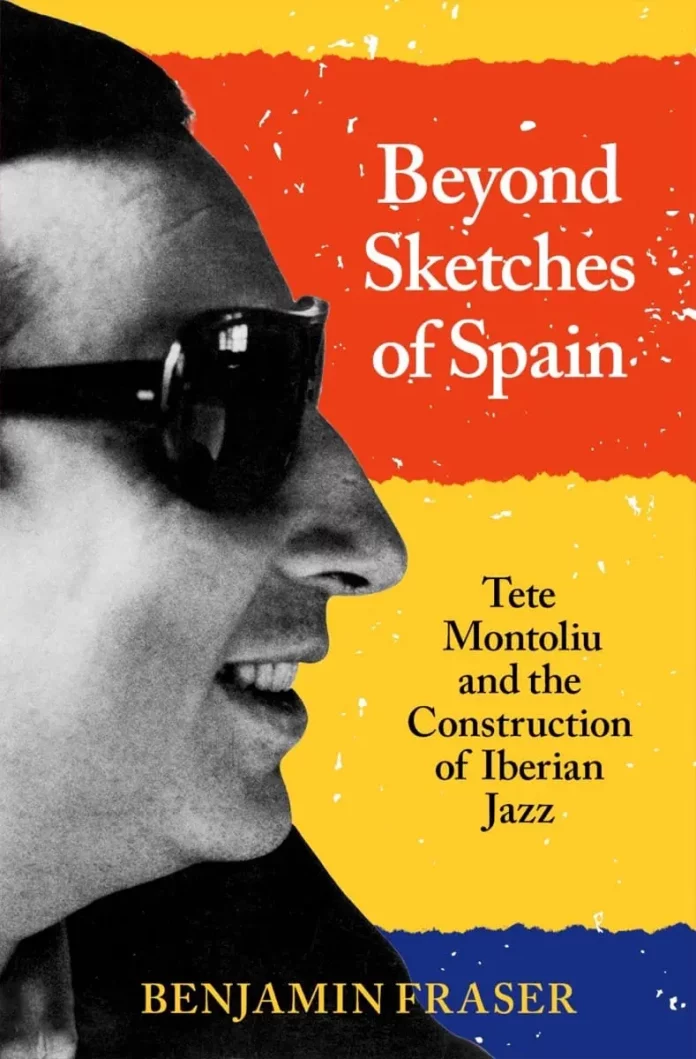Although this book is obviously written by one man it could easily be perceived as written by two. One is the piano-playing jazz enthusiast, whose father’s record collection had inspired that enthusiasm and who one day stumbled on a record called Catalonian Folksongs by pianist Tete Montoliu. The other is the academic who is professor of Iberian Studies at the University of Arizona and executive editor of the Journal Of Urban Cultural Studies.
The parts of the book written by the first of these two are those which please me most. They include a great deal of biographical detail for Montoliu (which was mostly new to me) and helpful appraisal of many of his recordings.
On the other hand the academic chose to start the book with a rebuttal of comments made about jazz by the German philosopher Theodore Adorno in the 1930s. In contrast to Adorno’s ideas he applauds the concept of “jazz as critique” (though after finishing the book I still have no idea what that means).
The academic also entitles the third of four chapters as The Urban Soundscapes Of Modern Jazz and this includes a subsection called “Tete and The Speed, Spontaneity and Shifting Conditions of Urban Modernity”. The fourth chapter, which I found rather more interesting, is called Blues, Braille And The Narrative Of Blindness, written because Montoliu was blind from birth.
Apart from the sections of the book devoted entirely to Montoliu there’s a good deal of general and historical discussion of cultural and political aspects of Spain in the 20th century and this is certainly relevant and valuable. However, the book’s subtitle includes the words “the construction of Iberian jazz”. With its concentration on a single musician the book implies that few others in Spain were playing jazz.
Having played in Spain in 1978, in a jazz band which included three musicians from Barcelona, I’m aware that in Montoliu’s shadow there were others keeping the Catalan jazz flame alive. This book could have been considerably enriched if the author had travelled to Barcelona to talk to some of them about Montoliu and his significance to them and their jazz activities.
Nevertheless, as an acknowledgement of the dedication and achievements of an unusual and talented musician, the book deserves to be read by those interested in this pianist. And, although the humour is unintentional, there’s a delightful moment on page seven when the erroneous impression is given that Ben Webster spoke fluent Catalan!
Beyond Sketches Of Spain – Tete Montoliu And The Construction Of Iberian Jazz by Benjamin Fraser. Oxford University Press, hb, 176pp, with notes, references and index of 60pp. ISBN-978-0-19-754928-5
















